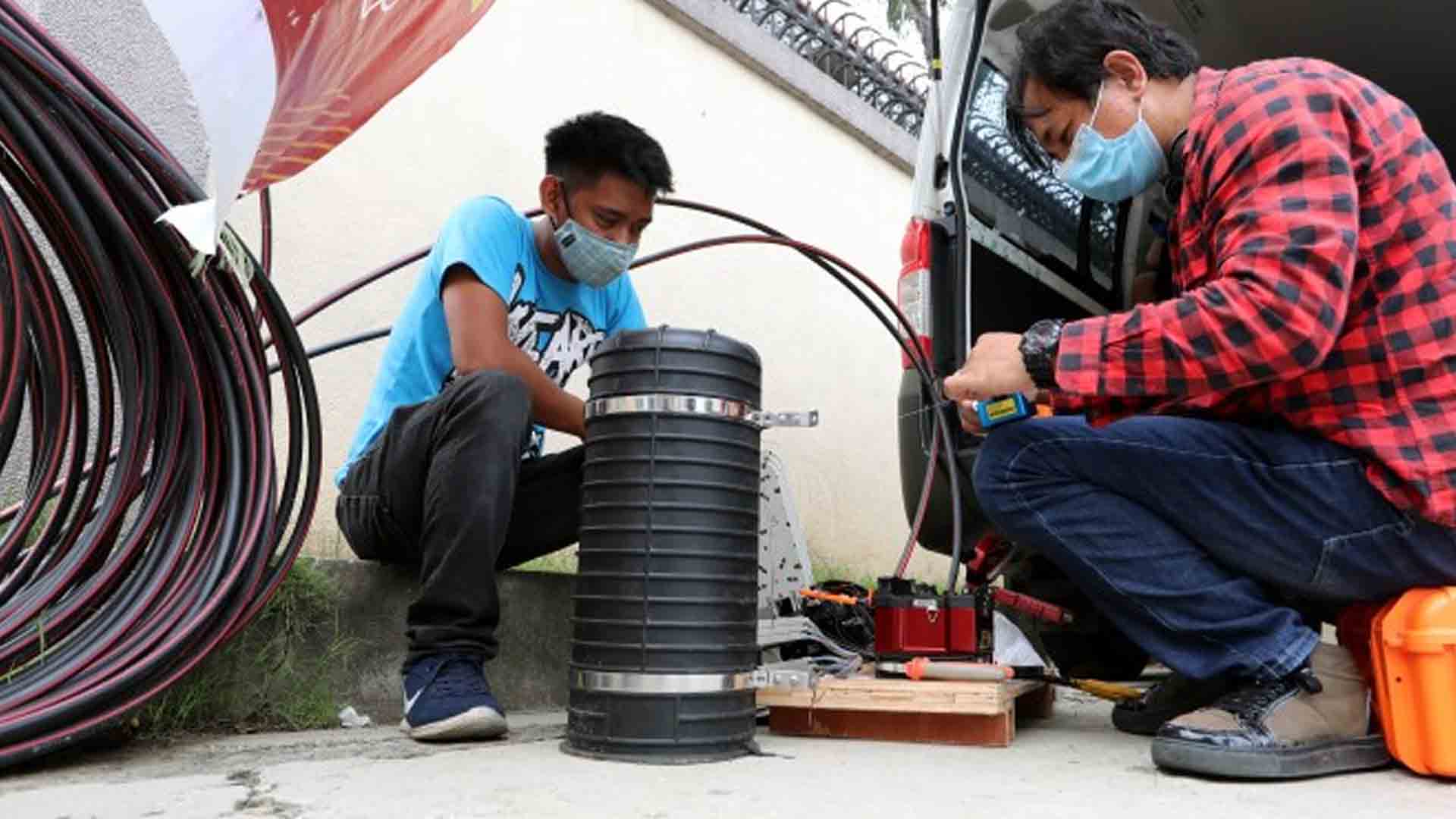PLDT and its wireless subsidiary Smart is set to ramp up its broadband and data services by adding two more fiber cable landing stations in the country next year.
In a statement on Thursday, PLDT Chairman and CEO Manuel Pangilinan said PLDT-Smart’s integrated network allows the company to invest in international connectivity as “nobody else can”.
“I think that’s something a single fixed broadband operator cannot do. In particular, when they have to grow outside of the big main post, it becomes very costly to lay all the fiber in the country. We can do that because we are using fiber not only for fiber-to-the-home but also for mobile and for Enterprise customers,” Pangilinan said.
He said PLDT-Smart is currently part of a network of 16 international cable systems and has three existing cable landing stations.
Investments in fiber expansion, he said, also improve Smart’s wireless networks, such as LTE and 5G, and the connections to the company’s data centers.
“In the last couple of years, we have deployed the strategy called ‘follow the fiber.’ Wherever there is fiber, we can connect any business, fiber-to-the-home, fiber-to-the-enterprise, and fiber-to-the-base-station,” Pangilinan said.
As of September, PLDT-Smart’s backbone network capacity is at 55 terabits per second, with the company aiming to increase this capacity by another 37 terabits per second to support its 5G, LTE, fiber-to-home networks.
PLDT’s fiber infrastructure, meanwhile, has reached a total of 395,000 kilometers as of September.
“Ongoing expansion work will extend PLDT’s fiber footprint by another 81,000 km, 31,000 km more in 2020, and 50,000 in 2021,” PLDT said.
Earlier, PLDT joined an international consortium to build the Asia Direct Cable, a high-capacity submarine cable connecting the Philippines to other Asian countries. (PNA)







